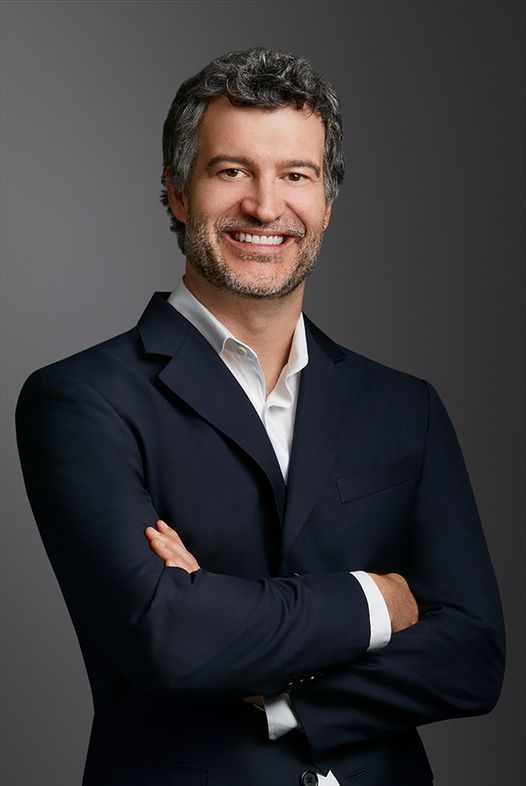SEP Negotiations: The Importance of Being Will(ing)
November 7, 2023, 12:52 PM
By: Brian P. Johnson
More and more, when negotiating licenses for standard essential patents (SEPs) on fair, reasonable, and non-discriminatory (FRAND) terms, there has been an increased emphasis on the idea of a “willing" licensor or licensee. Indeed, being unwilling now has tangible repercussions. In the past few years, certain European courts have found that if an implementer is not a willing licensee, it may end up waiving FRAND defenses or even being subject to an injunction. Similarly, earlier this year, IEEE - the standard-setting body that promulgates Wi-Fi standards - modified its patent policy along the same lines. Now, instead of a prohibition of injunctions entirely, it states that SEP holders may not seek an injunction “against an implementer who is willing to negotiate in good faith.”
However, it has not been clear what impact, if any, being a willing licensee might have on U.S. litigation. The United States is situated very differently than European courts. First, U.S. courts cannot grant an injunction for the infringement of any patent (SEP or otherwise) unless the factors in eBay v. MercExchange are satisfied, a barrier not imposed by European courts. Second, following TCL v. Ericsson, SEP decisions are generally decided by juries, not courts. This means that we are seeing fewer FRAND opinions outlining a methodology for calculating damages. The result is less transparency into how FRAND or the willingness of licensors/licensees might impact the overall damages verdict.
Still, last week's decision in Sisvel v. HTC may give us a clue. Assuming the reporting is accurate (which cites Sisvel itself as a source), the jury verdict last week appeared to accept the argument that if an implementer does not act as a willing licensee, then that implementer can be subject to non-FRAND damages. This could be a big deal. Save for the International Trade Commission, the United States is not known for patent injunctions, but it is instead known for large damages verdicts. If a licensor can be freed from its FRAND licensing obligations, in whole or in part, when encountering an unwilling licensee, that could make the United States a more attractive jurisdiction for SEP disputes.
Importantly, this decision is not precedent. Instead, it is the plaintiff's interpretation of a jury damages verdict. Still, it is a data point and a trend to watch.
David Muus, Sisvel’s head of legal operations, comments that the jury appeared to have embraced the plaintiffs’ arguments that HTC did not participate as a willing licensee in the FRAND process and there should be consequences for it. FRAND rates reflect a discount, and so the plaintiffs argued they should be awarded a non-FRAND rate.

To subscribe to our publications, click here.
Tags
News & Insights
News & Insights
NJSBA Annual Meeting and Convention 2025
Speaking Engagement
Intellectual Property
CompLaw Antitrust West Coast Conference 2025
Speaking Engagement
Antitrust
AHLA Health Care Transactions Program 2025
Sponsorship
Antitrust
ACI 21st Annual Paragraph IV Conference
Speaking Engagement
Intellectual Property
ABA 73rd Annual Section of Antitrust Law Spring Meeting
Speaking Engagement
Antitrust
AIPLA CLE Web Series: Hot Topics in Chemical & Biotech Patent Practice
Speaking Engagement
Axinn Wins at 2025 Global Competition Review Awards
Awards & Recognitions
Antitrust
Committed to Excellence: Axinn Thought Leadership Recognized at the 2025 Concurrences Antitrust Writing Awards
Awards & Recognitions
Antitrust
17th Annual Practitioners' Think Tank on ITC Litigation & Enforcement
Speaking Engagement
Intellectual Property
Antitrust Enforcement Trends and Policies in 2025: Unfair Competition, Merger Policies, Premerger Procedures
Webinar
Antitrust

